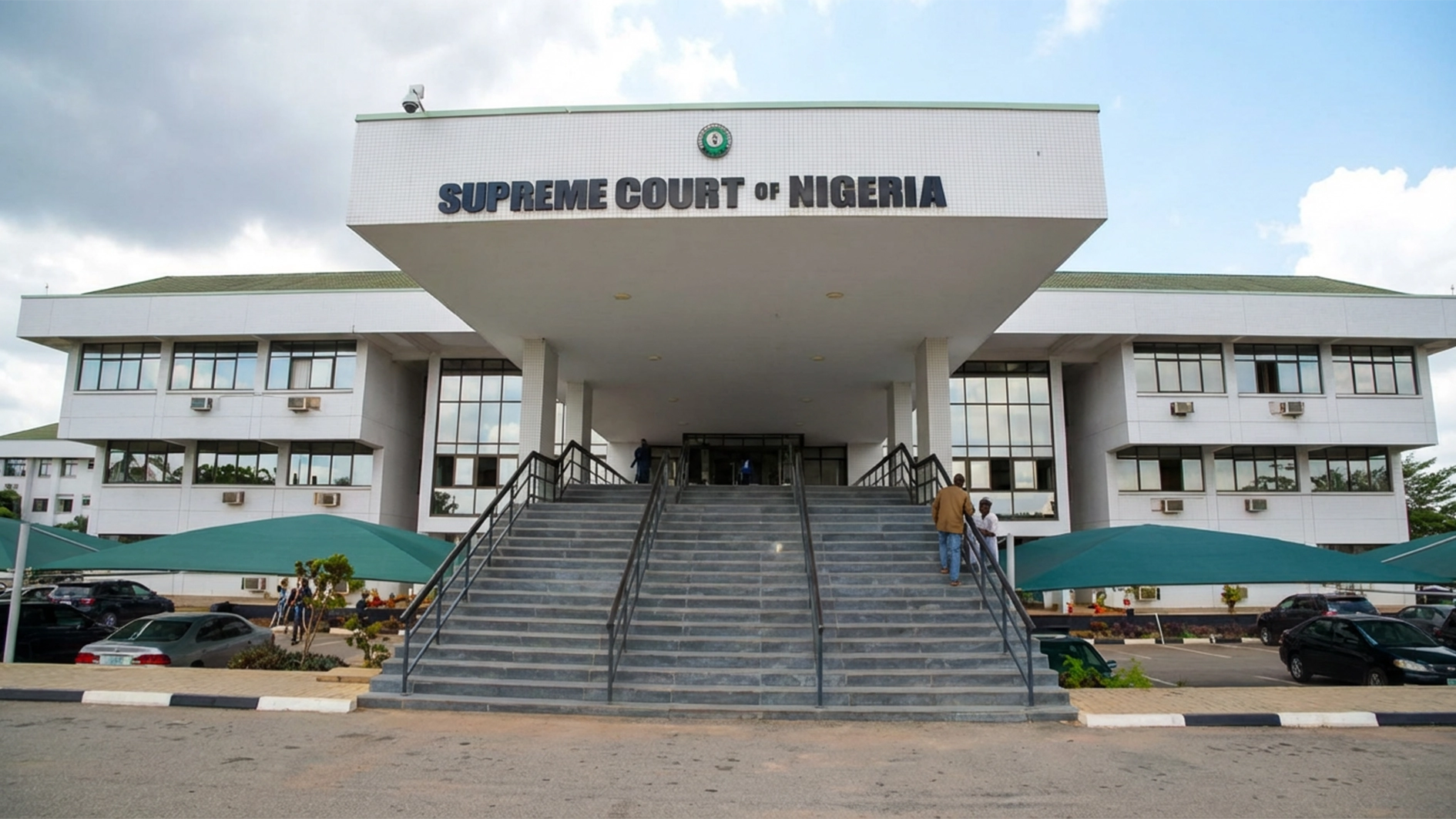The Federal Government is set to release the sum of ₦11.995 billion within 72 hours to clear the outstanding arrears owed medical doctors, among other interventions.
The Federal Ministry of Health & Social Welfare made this known through a circular dated Friday, October 31, 2025, amid the ongoing strike by medical doctors across Nigeria.
According to the circular, the FG has reaffirmed its commitment to doctors’ welfare and industrial harmony in the health sector with massive recruitment, payment of arrears, and reforms underway as the government prioritises health workforce wellbeing as the bedrock of system strengthening.
“The Federal Government has reaffirmed its unwavering commitment to ensuring industrial peace, harmony, and sustained reform in Nigeria’s health sector, emphasising that the welfare, motivation, and stability of the nation’s health workforce remain the foundation upon which all health policies, Strategies, and actions are built,” the statement read.
This assurance was reiterated during a high level meeting led by the Minister of State for Health and Social Welfare, Dr. Iziaq Adekunle Salako between the top management of the Federal Ministry of Health and Social Welfare and the leadership of the Nigerian Association of Resident Doctors (NARD), following the association’s recent agitations over welfare and professional concerns.
CONCRETE ACTIONS TO ADDRESS WELFARE CONCERNS
The circular added that in collaboration with the Federal Ministry of Finance, the Ministry of Health and Social Welfare commenced the payment of seven months’ arrears of the 25%/35% upward review of CONMESS and CONHESS to all categories of health workers with 10 billion naira paid in August 2025.
It said following the approval of President Bola Tinubu for these arrears owed to health workers including members of NARD to be paid expeditiously, as of Thursday 30th October, another sum of 21.3 billion naira has been moved to the IPPIS account and payment has commenced.
“In addition, the sum of 11.995 billion is being processed for release within 72 hours to pay other arrears including accoutrement allowance. All these payments are being enjoyed by members of NARD in accordance with the salary structure in the health sector,” the statement read.
RECRUITMENT AND WORKFORCE EXPANSION
On recruitment and workforce expansion, the statement disclosed that to address the strain caused by brain drain and prolonged working hours, “the Federal Government has granted special waivers to enable the massive recruitment of healthcare professionals across Federal Tertiary Institutions.”
It said in 2024, over 20,000 health workers, including doctors, nurses, and allied professionals were employed across 58 Federal Health Institutions, under the Renewed Hope Health Agenda’s commitment to strengthening human resources for health.
The statement pointed out that recruitment for the year 2025 is currently ongoing with over 15,000 health workers already approved to be employed.
Additionally, it said the Federal Government has released 610.6 billion as at September 2025 as full payment for the 2025 Medical Residency Training Fund (MRTF) paid exclusively to resident doctors nationwide.
NARD EMBARKS ON STRIKE
On Saturday morning, NARD had called on Nigerians to support its members as they embarked on a nationwide indefinite strike, saying the action is a painful but necessary step to rescue the country’s collapsing healthcare system.
In a statement signed by its President, Dr. Mohammad Suleiman, the association said the decision followed the Federal Government’s continued failure to honor agreements previously reached with the union, despite several rounds of dialogue, appeals, and ultimatum.
Suleiman explained that the strike was not motivated by selfish interests or politics but was driven by a patriotic desire to safeguard the health of all Nigerians.
He noted that the association’s demands focus on fair remuneration, payment of arrears, improved working conditions, adequate staffing, and provision of essential medical infrastructure, issues he said directly affect the quality of healthcare delivery nationwide.
According to him, resident doctors across the country continue to grapple with excessive workloads, poor pay, and burnout, conditions that compromise patient care.
“A resident doctor who is overworked, underpaid, and mentally exhausted cannot offer optimal care to the patient who needs them most,” he stated.
The association maintained that the strike should not be viewed as a confrontation with the government but as a collective struggle for a “functional, just, and humane healthcare system” that values both doctors and patients.






